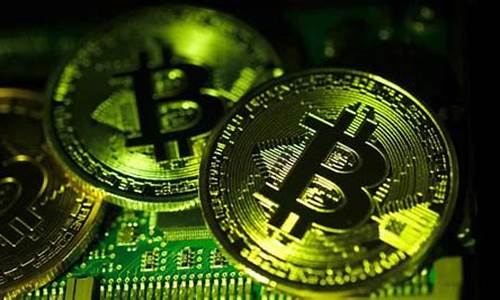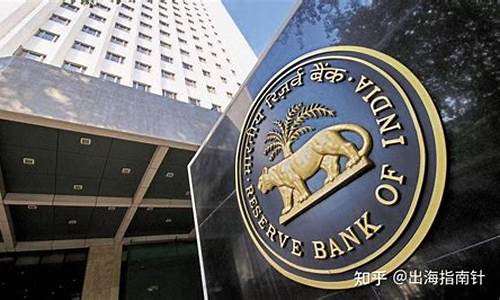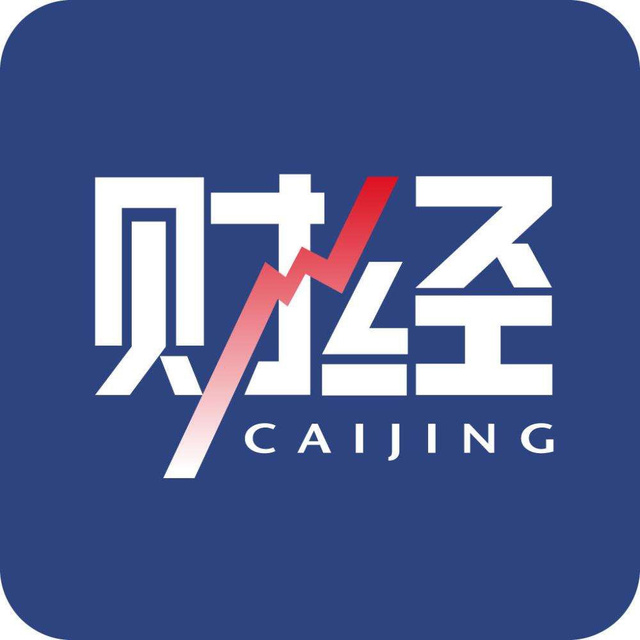
Digital currency is a type of currency that uses advanced technology to facilitate
transactions and manage the creation of new units. It operates independently
of traditional banking systems and relies on a decentralized network of users
to maintain its integrity. In this article, we will explore the key features and
characteristics of digital currency.
1. Decentralization: One of the defining features of digital currency is its
decentralization. Unlike traditional currencies, which are controlled by central
banks and governments, digital currencies rely on a network of users to validate
and record transactions. This means that there is no single point of control or
authority, making digital currency more resistant to censorship and government
interference.
2. Security: Digital currency uses advanced encryption techniques to secure
transactions and protect user information. Each transaction is recorded on a
public blockchain, which is a distributed ledger that cannot be altered without
the consensus of the entire network. This makes it virtually impossible for
hackers to manipulate or corrupt the system.
3. Transparency: Another important feature of digital currency is its transparency.
Because every transaction is recorded on a public blockchain, users can see exactly
what is happening in the system at any given time. This makes it easier to track
and verify transactions, reducing the risk of fraud and corruption.
4. Limited Supply: Digital currency has an fixed supply, typically limited to
a certain number of units. This means that there is a finite amount of digital
currency in circulation, which helps to stabilize its value and reduce the risk
of inflation.
5. Easy Transfer: Digital currency can be easily transferred between users using
simple software tools, such as cryptocurrency wallets. Transactions are processed
almost instantly, allowing users to make quick and convenient payments without
having to wait for days or weeks for traditional bank transfers.
In conclusion, digital currency represents a significant shift in the way we think
about money and financial transactions. Its decentralized nature, security, transparency,
limited supply, and ease of transfer make it an attractive alternative to traditional
currencies. As the technology behind digital currency continues to evolve and improve,
it is likely that we will see even more innovative applications and use cases in the
future.










